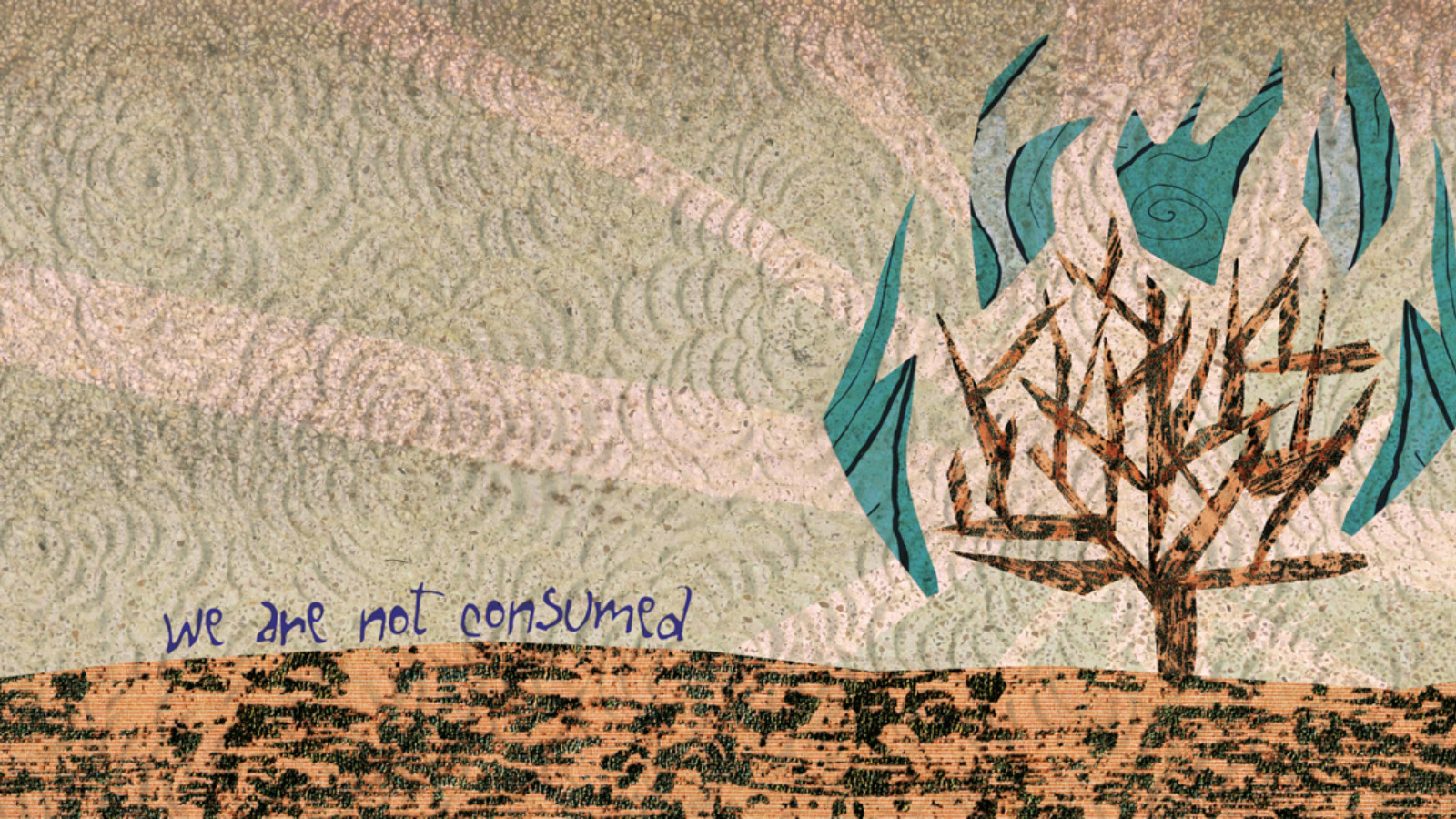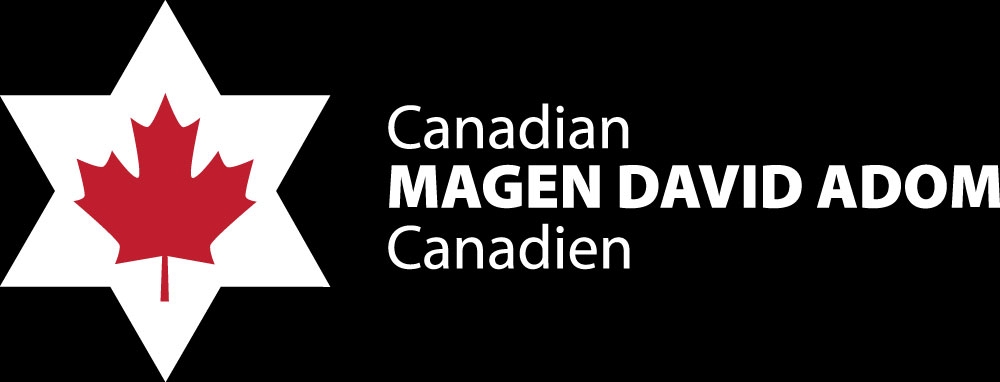Bonjour / Hello [nickname_else_first_name],
Table of contents
1) Perashat Hashavoua - Rabbi Eli Mansour
2) Halakhat Hashavoua (Halakhot related to day to day life) - Hazzan David Azerad
- The Thirteen attributes of Mercy -(peninei halacha)
3) Holy Jokes!
4) FOR KIDS!

This Week's Parasha Insight with Rabbi Eli Mansour
Parashat Shemot: Never Give Up Your Name
We read in Parashat Shemot of Pharaoh’s cruel command to the Jewish midwives, Shifra and Pu’a, that they should kill all newborn Jewish boys whom they help deliver. The midwives courageously defied this edict, for which they were rewarded by G-d.
A careful reading of the Torah’s account of Pharaoh’s command reveals a subtle textual difficulty. The Torah tells: "The king of Egypt said to the Hebrew midwives – one whose name was Shifra, and the other whose name was Pu’a. He said, ‘When you deliver the Hebrew women…if it is a boy, you shall put him to death…" (1:15-16). Curiously, the Torah twice tells that Pharaoh spoke to the midwives: "The king of Egypt said to the Hebrew midwives… He said…" Why does the verb "Va’yomer" ("He said") appear twice in this account, if the king only made one statement to the midwives?
The Beneh Yissaschar (Rav Tzvi Elimelech Shapiro of Dinov, d. 1841) offers a brilliant answer. He explains that Pharaoh knew full well that the midwives would refuse to kill the infants. After all, our Sages identify Shifra and Pu’a as none other than Yocheved and Miriam, the mother and sister of Moshe Rabbenu. These were righteous women. They were sacred and pure. They were wholly incapable of murdering innocent newborn babies. Pharaoh realized this. He understood that his only hope to execute his plan, and have these midwives agree to kill the infants, was to change their names to Egyptian names. According to Kabbalistic tradition, the name given to a child at birth is a spark of prophecy, and embodies that soul’s unique potential. And thus as long as Yocheved and Miriam remained true to their names, to their core essence, which was sacred and pure, there was no chance of them committing such a heinous act. Pharaoh therefore gave them Egyptian names – Shifra and Pu’a – in an effort to lead them to change their nature and essence, so they would be capable of carrying out his evil edict.
But the midwives refused. The Torah relates: "The midwives feared G-d, and they did not do as the king of Egypt told them; they had the children live" (1:17). The Beneh Yissaschar notes that the Torah here tells us two things: that the midwives "did not do as the king of Egypt told them," and that "they had the children live." First, the midwives refused to allow their names to be changed. They refused to give up their name. They remained steadfastly loyal and committed to their true essence, to the spark of greatness within them. And therefore, as a result, "they had the children the live" – they were naturally incapable of fulfilling Pharaoh’s cruel edict.
We should never give up our "name," and never allow anybody else to take it away from us. We each have a vast amount of unique potential, the potential to be outstanding and accomplished. If people ever try to take this away, to make us into somebody else whom we aren’t supposed to be, we must refuse, and remain determined to actualize our unique potential to its very fullest and be the great people that we are capable of being, and that we are supposed to be.

The Thirteen attributes of Mercy -(peninei halacha)
After Hashem forgave Israel for the sin of the Golden Calf, and even agreed that Israel would be favored among all the nations in its special connection with Him, Moshe Rabbeinu implored, “Please let me have a vision of Your glory.” Hashem replied, “I will make all My good pass before you, and reveal the Divine Name in your presence,” meaning, I will disclose to you My Holy Name that is revealed to the world; however, it is impossible to grasp My essence, “For a person cannot see Me and live” (Exodus 33:18-20). “Hashem descended in a cloud, and stood there with Moshe, and he (Moshe) called out in Hashem’s Name. Hashem passed before him and proclaimed (Hashem called out and revealed His Names to Moshe), ‘Hashem, Hashem, merciful and gracious God, slow to anger, with tremendous kindness and truth. He remembers deeds of kindness for thousands [of generations], forgiving sin, iniquity, and error, and He cleanses’” (Exodus 34:5-7). These are the Thirteen Attributes of Mercy.
Rabbi Yochanan said, “Were the verse not written, it would be impossible to say it. This teaches us that HaKadosh Baruch Hu wrapped Himself like a chazan and demonstrated to Moshe the order of the prayer. He said to him, ‘Any time that Israel sins, let them perform before Me this procedure and I will forgive them’” (Rosh HaShanah 17b).
With the acceptance of faith on the most supreme level, attained by reciting the Thirteen Attributes, we connect to Hashem in such a profound and exalted manner that our sins become marginal and exterior. In that state, atonement is achieved.
Therefore, in Selichot, on fast days and Yom Kippur, the Thirteen Attributes are recited numerous times in the prayer service. The customs vary regarding their recital on weekdays. According to the Ashkenazic and Yemenite (Baladi) minhagim, they are recited only on Mondays and Thursdays since those are the appropriate days for saying prayers of supplication. According to the Sephardic minhag (including Sephard-Chassidi), based on the Ari, they are recited every time there is Nefillat Apayim.
The recital of the Thirteen Attributes is considered a matter of sanctity and therefore necessitates a minyan. One who prays individually is not permitted to recite them; however, he is allowed to read them with cantillation signs as one reading the Torah (Shulchan Aruch, Orach Chaim 565:5; Mishnah Berurah 12). Whoever has not yet succeeded in finishing “Kel erech apayim” before the congregation reaches the Thirteen Attributes must stop and join in with the congregation. As long as the congregation has not yet finished reciting the Thirteen Attributes of Mercy, he may still join them. However, if they have already finished, he is considered to be reciting them as an individual (Ben Ish Chai, Ki Tisa 4).
Shabbat Shalom Umevorach
David Azerad
3) HOLY JoKeS!!
Selection of funny snippets, loosely related to this weeks parashah or current events, to brighten your day


4) FOR KIDS
Click on the image to open the youtube video














